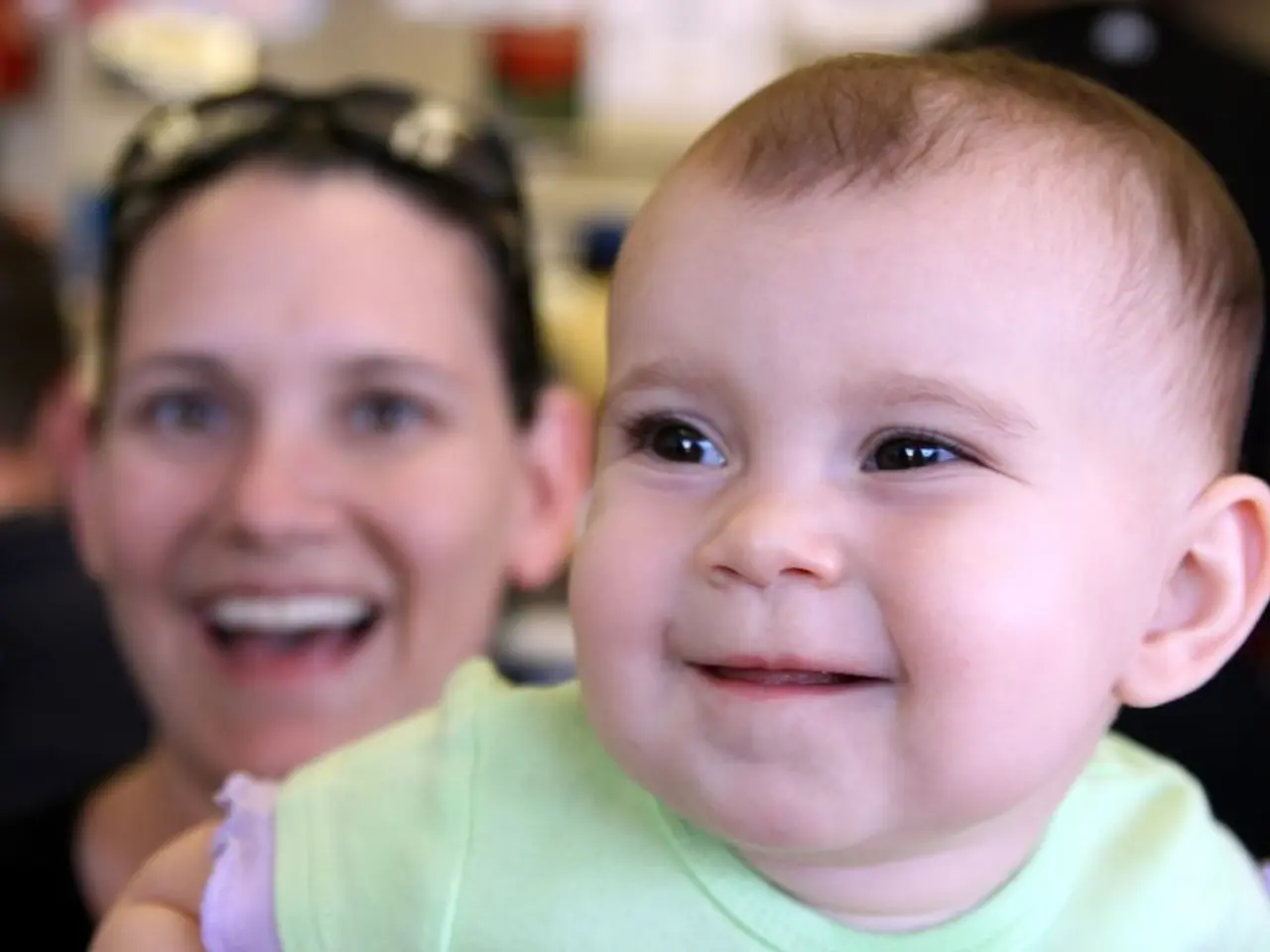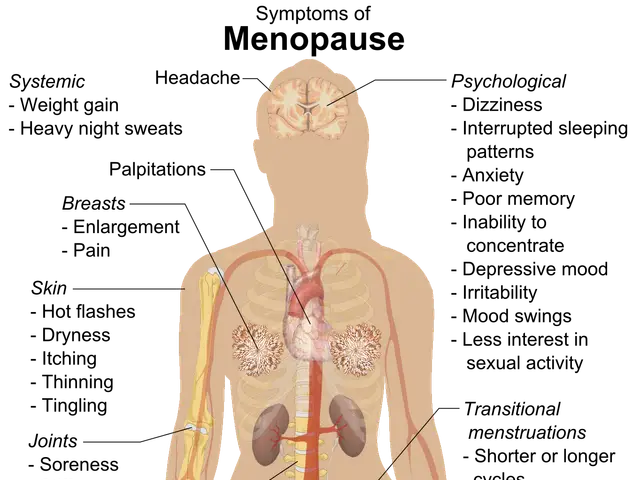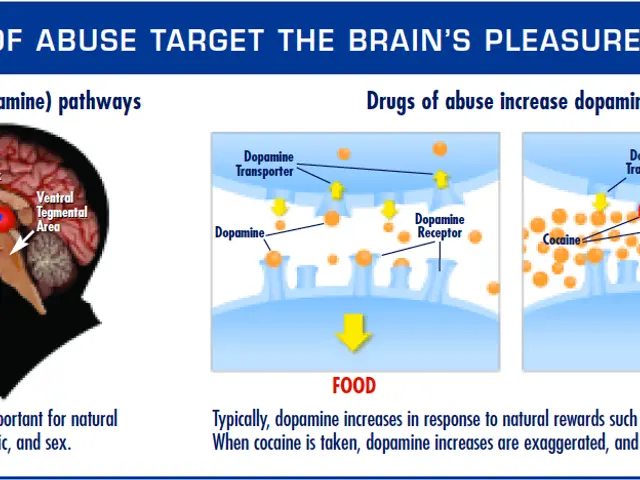Autistic Individuals and Introversion: An Examination of Shared Traits
Misconceptions about autistic individuals often lead to significant misunderstandings, one of which is the belief that all autistic people are introverted. However, a closer look at the unique challenges faced by autistic individuals reveals that this is far from the truth.
Autistic people may appear introverted due to social exhaustion, difficulties in interpreting social cues, sensory overload, masking, or past rejections. For instance, social cues such as non-verbal signals can be confusing or overwhelming, leading to social misinterpretations[1][3]. Moreover, many autistic individuals experience sensory overload in social environments, causing them to withdraw or seek solitude to recover[1].
Masking, or the effort autistic people put into hiding or suppressing their natural autistic traits to fit in with neurotypical social expectations, can also contribute to the appearance of withdrawal or quietness[1]. In reality, autistic individuals vary widely: some enjoy social interaction and feel energized by it, while others prefer solitude, just like the general population.
The key difference is that introversion is a personality trait, related to how one recharges energy (preferring solitude for recharging), whereas autistic social withdrawal often stems from sensory and communicative challenges and the need to manage social exhaustion rather than a lack of desire for social connection[1].
A clear example of the misconception being debunked is Kerry Magro, an autistic public speaker, who identifies as an extrovert[2]. Autism is a neurodevelopmental condition that affects social interaction, communication, and sensory input. It does not dictate an individual's personality or social preferences.
Autistic people have a wide range of personalities, including deeply introverted, vibrant extroverts, and those falling somewhere in between. Autistic extroverts can come across as too intense due to missed subtle social cues, but this does not mean they lack a desire for social connection[1].
Mistaking autism for introversion can delay diagnosis and support, especially for women, people of color, or LGBTQ+ individuals. It is crucial to understand that autistic people are not defined by their social preferences but by how their brains process the world.
In sum, the masking and social communication differences in autism contribute to misunderstandings that all autistic people are introverts. Autistic people have diverse social styles and motivations, with some being extroverted and socially engaged[1][3]. The next time you meet an autistic individual, remember that they are unique individuals with their own social preferences, just like anyone else.
References: [1] Baron-Cohen, S., Tager-Flusberg, H., & Lombardo, M. V. (2021). Understanding Other Minds: Perspectives from Autism Research. Oxford University Press. [2] Magro, K. (2020). The Next Evolution of Autism Communication: Bridging the Gap Between Neurotypicals and Autistics. Autism Parenting Magazine. [3] Mandy, L. (2019). The Misconception of Autism and Introversion. The Mighty.
- Misinterpretations about autistic individuals frequently lead to misunderstandings, including the belief that all autistic people are introverted.
- Autistic individuals might seem introverted due to factors such as social exhaustion, challenges in deciphering social cues, sensory overload, masking, or past rejections.
- Autism does not determine an individual's personality or social preferences; it primarily affects social interaction, communication, and sensory input.
- Autistic people encompass a vast array of personalities, including deeply introverted, vibrant extroverts, and those falling somewhere in between.
- Mistaking autism for introversion can result in delayed diagnoses and support, particularly for women, people of color, or LGBTQ+ individuals.
- Science, particularly psychology and mental health research, emphasizes the importance of understanding that autistic people are not defined by their social preferences but by how their brains process the world.
- Recognizing the unique social styles and motivations of autistic individuals is crucial for promoting health-and-wellness and fostering better communication and understanding between neurotypical and autistic individuals.





